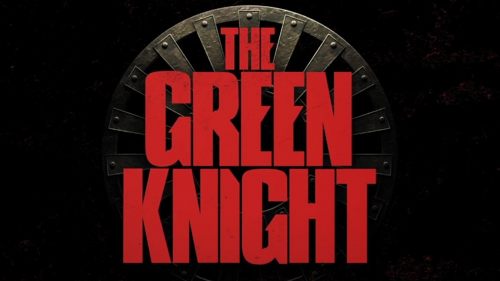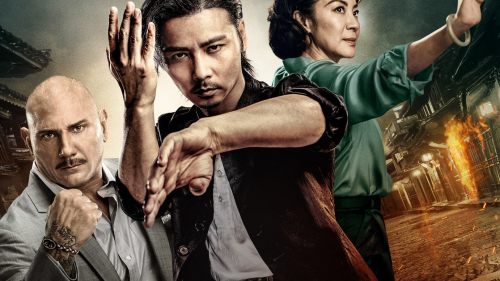Fantasia 2017 Review: A GHOST STORY Is An Experimental, Emotional Masterpiece
A human shape covered with a white sheet. Two black eye holes. This is the most iconic representation of a ghost we’ve been able to muster. Its endurance likely owes everything to its simplicity, but the ubiquity of it also robs it of power, rendering this symbol for mournful life after death childish, cute, free of the darkness inherent to its meaning.
How David Lowery got the guts to reclaim this iconography’s melancholy I’ll never know. But I’m so glad he did. Perhaps it was more confidence than bravery, as A Ghost Story dares accidental silliness as if there were no doubt in the world it would work. I’m not sure I’ll ever look at a ghost Halloween costume or emoji the same way again. That's quite a feat.
You probably already know the premise, which is fine since A Ghost Story is more about tonal experience than narrative. A husband and wife live together in a house she wants to leave but he clings to for reasons he can’t quite verbalize. Suddenly, as often happens, he dies. His ghost haunts the house he enjoyed so much in life. He watches his wife mourn, he watches her heal, and he watches her move on. Yet he stays with the house through its new occupants and forms, and time makes clear the cold impermanence of all things, regardless of how much they mean to us. The man is tied to the home, but the home is not tied to him.
The film is not kind to those who get hung up on literalism. It follows its own logic to serve its own needs. The ghost can touch things, but frequently does not. The ghost can communicate but rarely does. He just watches, and certain things catch his attention. I was reminded somewhat of Twin Peaks’ Dougie Jones, a person who can witness our world and be moved by it but not fully take part.
Time drifts by without much explanation in A Ghost Story. I choose to believe the film presents us with what the Ghost experiences in real-time, simply because the alternative is too terrible for me to contemplate. But it doesn’t really matter. While light on traditional narrative, there is a fulfilling arc for the Ghost and its journey, and if you didn’t start hating the film as soon as it began, it’ll likely leave you shaken.
And some will hate the film. Lowery’s boldness here should not go underestimated. The film is presented in a square aspect ratio with the corners rounded like an old photographic slide. It is far more comfortable with silence than we’re used to. It is at ease with totally surrendering traditional form for function. It’s a true experiment and won’t be for everyone.
Those who fall for it, however, will fall hard. A Ghost Story is beautiful, but with that beauty comes an almost punishing level of sadness. I’m so thankful for it and thankful I got to see it. Nevertheless, the film engaged emotions and memories I go far out of my way to avoid, and the experience ruined me for hours afterward. While I highly recommend the film (it might end up being my favorite of the year), I don’t think such a warning is unwarranted.
Ultimately the film’s themes are optimistic - there is a long monologue halfway through from (of all people) Will Oldham about impermanence negating the importance of all we do; in a film this quiet, a big chunk of dialog like that carries extra weight, but I believe the rest of the film argues against this guy’s point and serves as a reminder to appreciate what you have for the short time you have it. And also to let it go when it’s gone. If you can.


